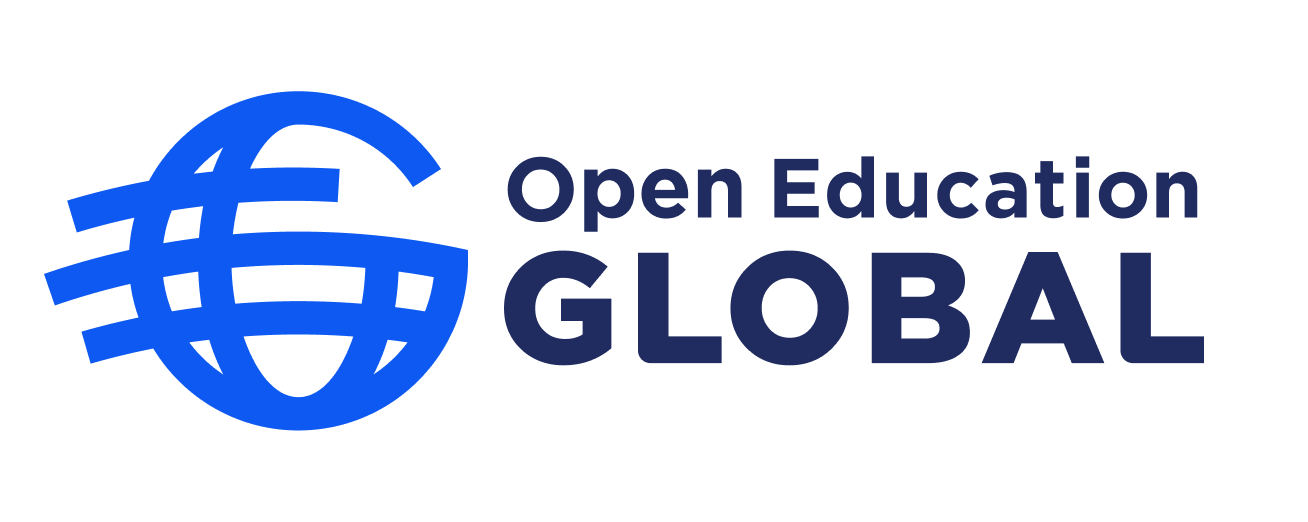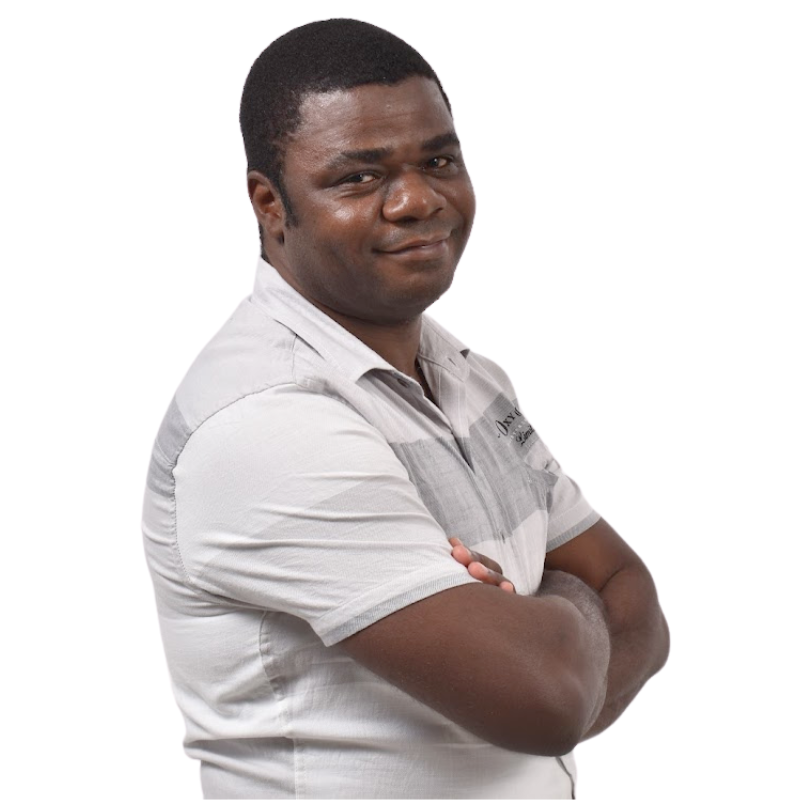CEIMIA & ESSTIC
Location: Cameroon and Canada
Term: 2025-2027
Dr. Thomas Hervé Mboa Nkoudou is a distinguished scholar, researcher, and advocate for Open Science, Open Access, and Knowledge Equity in the Global South. Holding a PhD in Communication from Université Laval (Canada), his research delves into epistemic justice, decolonial knowledge systems, the role of Open Science in sustainable local development, and the responsible adoption of Artificial Intelligence (AI).
Currently, Dr. Mboa Nkoudou is a Researcher-in-Residence at the Centre d’Expertise International de Montréal en Intelligence Artificielle (CEIMIA) and an Assistant Professor of Communication at the Université de Yaoundé II (ESSTIC, Cameroon). His work focuses on the governance of knowledge commons, data sovereignty, and the ethical integration of AI in Africa.
A pioneer in Open Access and scholarly communication, he has led efforts to decolonize academic publishing and enhance research visibility in Africa. His influential publications examine technocoloniality in knowledge production, open hardware for scientific research, and community-driven knowledge dissemination.
A key player in the Open Science movement, Dr. Mboa Nkoudou has contributed to numerous initiatives promoting equitable access to knowledge. He has played a pivotal role in Local Manufacturing of Open Source Devices for Medical Labs in Africa, utilizing Open Science to foster innovation and social impact. Additionally, he led the Open Education, Skills Development, and Capacity Building work package in the African European Maker Innovation Ecosystem (mAkE) project.
Beyond academia, Dr. Mboa Nkoudou is the founder of Mboalab, a bio-hackerspace in Cameroon that advances Open Science by providing open-source research tools and training for local researchers and
innovators.
Through his work, he remains a tireless advocate for inclusive, participatory, and decolonized knowledge ecosystems, ensuring that researchers from the Global South have equitable access to scientific resources and opportunities.

